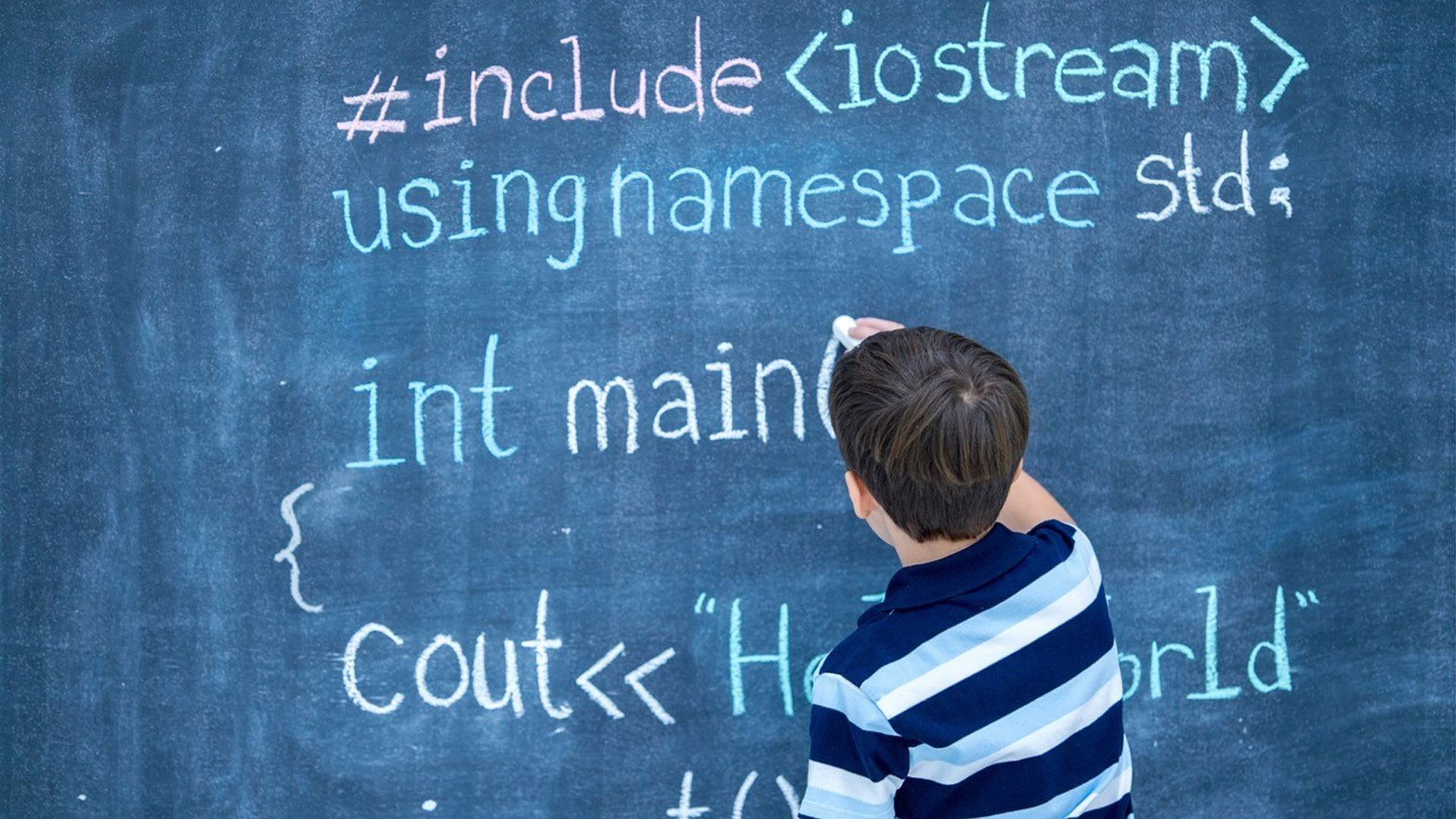BY PAM RUTLEDGE, PHD
Doctoral faculty, Media Psychology
APRIL 6, 2021
After a year of Zoom, people are flocking to audio-only conversations.
SUMMARY
- Clubhouse is a throwback audio-only app for drop-in discussions, serendipitous meetings, and eavesdropping without shame.
- Invitation- and IOS-only, exclusivity, celebrity, and FOMO fuel its appeal; voice transmits emotion without the distraction of video, creating a sense of intimacy.
- Popular with marketers and self-promoters, there is an emphasis on audience building, getting followers, and monetization.
- Topics range from useful and insightful to inspirational; however, there have been reports of abuse, misogyny, anti-Semitism, and racism, in spite of community standards.
In the wake of Zoom fatigue, the rising popularity of the social audio (aka voice-only) app Clubhouse makes a lot of sense. Clubhouse sounds like an app for kids. It’s not. There’s nothing to watch, no dancing, no lip-syncs, and no funny cat videos. It is a throwback: audio-only. You can move from room to room, listen or speak and find people with like interests, but you can’t see or text. The app is iPhone-only. You also have to be invited to join by another user. In spite of this (or because of this), the app has been downloaded nearly 13 million times in its first year. Its rapid adoption has triggered a wave of Clubhouse competitors from heavy-hitters like Facebook and Twitter to a handful of start-ups.
The appeal? Exclusivity, the emotional resonance of voice, FOMO-fueled unpredictability, and you can still wear your sweats.
A lot of Clubhouse’s popularity has been attributed to the buzz created by celebrity users such as Elon Musk, who used it to interview Robinhood CEO Vlad Tenev about GameStop, Oprah Winfrey, and Mark Zuckerberg.
COVID has also been a big gust of wind in Clubhouse’s sails. The cancellation of most professional events and the normalization of virtual communication has made the opportunity to network with the chance of meeting luminaries hard to resist.
Clubhouse feels like a cross between WhatsApp and LinkedIn or a fluid and participatory podcast. It also feels a bit like a conference, where you can peruse different rooms and speakers. Like a conference, it’s easy to get lost and miss things that you might want to see. Part of that is fascinating. As our online world becomes increasingly governed by algorithms that constrain the information we see, it is rare to come across something new and unexpected.

Source: Dollar Gill/Unsplash
Let’s face it; it’s an extrovert‘s (or marketer’s) paradise. If you’re social and enjoy meeting new people, the newness and fluidity make it a great place to find those with similar interests. Like any social media, it takes effort to put yourself out there enough to find them—and you have the time.
There are a lot of professional reasons for joining Clubhouse, especially if you’ve something to sell. Still, I’d argue that Clubhouse’s popularity is fueled as much by innate human drives as economics or lofty intellectualism.
Humans are naturally curious. It is an automatic response to the unknown, part of that biological imperative that tries to keep us safe. There are a lot of curiosity triggers at works in Clubhouse’s structure. First, anything that is exclusive is instantly more desirable. Exclusivity is scarcity. It’s much safer to be “in” than “out.” Exclusivity not only drives interest and desire; once you are “in,” you can relish in the sense of superiority it confers.
There is an added level of exclusivity in how each room (conversation) has moderators, like a panel of experts. They are on the “stage,” which triggers metaphors of performance, keynotes, and the like, giving those on the stage an aura of authority. But do they really know anything? Are they really “important”? Here’s where curiosity can take you into a real rabbit hole. Click on an individual’s picture, and you’ll see their bio, links to Instagram and Twitter, and anything else they care to include, emojis and all. You can also see who they are connected to and what clubs they joined. Still curious about their network of connections? Continue exploring by clicking on the icons and images of their followers and clubs … and so on and so on.
Curiosity also fuels the appeal of serendipity—that sense you might actually run into someone really interesting or well-known. There is no way of knowing for sure. Clubhouse is like a giant slot machine. As casinos know, the most effective means of behavior change is unpredictable rewards. You never know who you’ll find, but famous early users created some expectations or at least aspirations that you’ll run into influential people. So better show up to find out.
Clubhouse is a nice counterpoint to Zoom fatigue. Like Zoom with your camera off, you don’t have to brush your hair or change out of your pj’s, but you still get the emotional advantage of voice, which transmits emotions where text does not. In fact, without the distraction of video, you hear a lot more in voice, which creates a sense of intimacy and connectedness. And you don’t have to stare at yourself, which keeps you focused on the person talking.
It has the thrill of voyeurism and eavesdropping but with the shame. You can search for people and topics by name, interest, club, or even by emojis used in a member profile. You can lurk without contributing and slink away more or less unnoticed by clicking on the “leave quietly” button. It’s also mobile, which makes it portable so you can walk the dog while attending discussions. For some, Clubhouse is the new talk radio that runs in the background.
I didn’t expect the pronounced emphasis on building followers, lead generation, and, presumably, monetization. OK, call me naïve, but I was surprised at the focus on building audiences, starting your own clubs, and the level of self-promotion amidst all the high-minded topics like the Philosophy of Creativity, How to Succeed in Product Management, and Quiet Morning Meditation. As I write that, the next room up on my feed is The Rise of Clubhouse 2: Monetization and Predictions.
Some things to know:
- If monetization is your goal, your bio is super important. In fact, bio writing optimized for Clubhouse searches is one way some folks are monetizing their expertise.
- You can link your Clubhouse membership to Instagram and Twitter so people can contact you directly. There’s no chatting in Clubhouse but I heard several moderators ask people to DM them on Instagram to follow up on potential opportunities.
- Since the app is relatively new, the experienced users haven’t been there all that long. Consequently, it is a pretty friendly and welcoming place. Follow someone and they will invite you to join their club. There is a little of the early Twitter “you follow me, I’ll follow you” exuberance.
- If you sign up to be on the “invite me” list and someone in your address book is a member, the app will notify them that you need an invite. Good news, bad news. If someone is in your address book and you are a member, you will get the notice to invite them.
- You can only change your username once—a change made to discourage fake accounts—so pick one you can live with. It isn’t all high-minded talk.
- There is no recording within Clubhouse, but there are lots of workarounds, so don’t count on privacy, just like on any social media.
- There are private rooms and, forewarned is forearmed, there have been reports of abuse, misogyny, antisemitism, and racism even though they are against guidelines.
As with every new app, the only way to figure out if it is useful to you is to try it and figure out your goals to see if it helps or hurts. At the very least, Clubhouse is an excellent means of procrastination in case you have a big project due. There is less guilt than trolling Facebook or watching YouTube videos but it’s equally or more effective at eating time.
Chat apps like Clubhouse, as well as the alarming rise of Omegle among kids, were the April 6 topic of our First Tuesday Tech Talk webinar with Diana Graber and Arias Collins of Cyberwise and Rick Andreoli of Parentology and me. The recording is available on YouTube here.
ABOUT THE AUTHOR:
Join Over 7,500 Fielding Alumni Located Around The World!
Change the world. Start with yours.™







Get Social